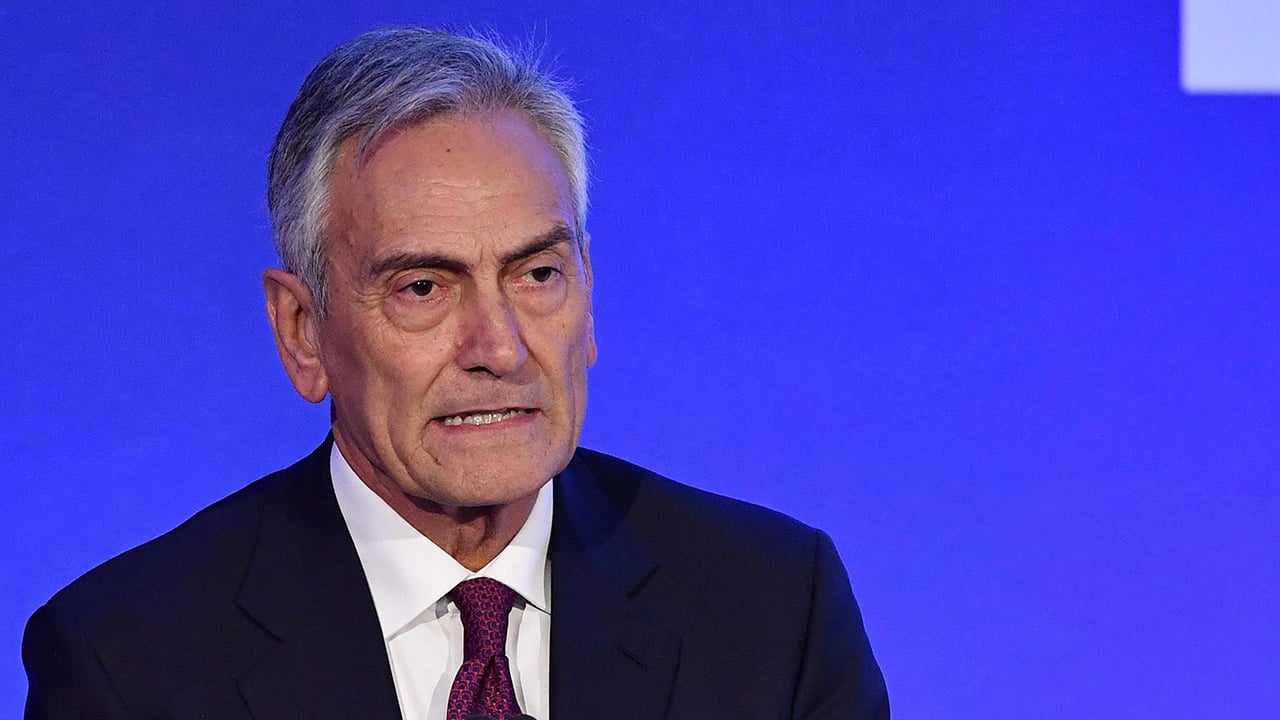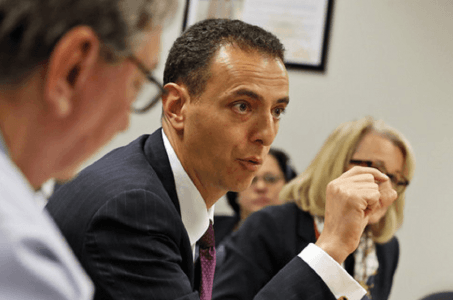Repeal Gambling Ad Ban to Save Serie A, Italian Government Told
Posted on: August 3, 2021, 02:52h.
Last updated on: August 3, 2021, 10:01h.
Italy has conquered Europe in soccer and is killing it at the Olympics, winning double Olympic Gold this past Sunday in the 100 meters and the high jump. But the Italian Football Federation (FIGC) says future sporting triumphs could be curtailed by a ban on gambling advertising that is cutting off crucial funding.

The Italian government took the sudden decision to impose a blanket gambling advertising ban in the summer of 2018, effective from the start of 2019. More than half of all Serie A clubs at the time had sponsorship deals in place with gambling companies.
All types of commercial marketing, including product placements, distribution of branded items, and influencer marketing were suddenly prohibited.
Sports Sector ‘On Its Knees’
FIGC president Gabriele Gravina said in a statement Monday the decision was “bringing the entire sports sector to its knees.”
He called on the government to suspend the prohibition measures for a minimum of two years to help Italian soccer recoup revenues that have been decimated by the coronavirus pandemic.
Italy is one of the world’s biggest regulated gambling markets, and it’s estimated the ban is draining Serie A teams of at least $120 million per year.
In a letter sent to the President of the Council of Ministers, the Departments of Economy and Finance, Health and Economic Development, and to the Undersecretary for Sport, Gravina also argued for the implementation of a national fund for soccer. That would include contributions from the betting industry, equal to one percent of betting handle.
Decline of Serie A
Italy’s Serie A was once the dominant league in Europe. But the country and its soccer clubs were hard hit by the economic downturn that began in 2008. And despite the glorious resurgence of the national team, gli Azzurri, this year, domestic league soccer remains in a slump.
The financial gains of recent years suggested Serie A was bouncing back. But these have been largely undone by the coronavirus pandemic, which has slowed modernization and construction projects, and denied the clubs crucial revenues from season tickets.
Gravina says Italian soccer is at a crossroads. Financial constraints mean that Serie A will no longer be able to attract top players, and those who currently play for Italian clubs will go elsewhere, to Spain’s La Liga or the English Premier League.
This will devalue the league and the sectors that are connected to it, he argues, while curtailing tax revenues.
“We don’t ask the government for handouts, but to recognize the socio-economic importance that football has by adopting some urgent measures to relieve the clubs from the crisis generated by COVID-19,” said Gravina. “Football can play a decisive role in Italy’s overall recovery.”
Related News Articles
Most Popular
Mirage Las Vegas Demolition to Start Next Week, Atrium a Goner
Where All the Mirage Relics Will Go
Most Commented
-
Bally’s Facing Five Months of Daily Demolition for Chicago Casino
— June 18, 2024 — 12 Comments -
Chicago Pension Mess Highlights Need for Bally’s Casino
— July 2, 2024 — 5 Comments
















No comments yet